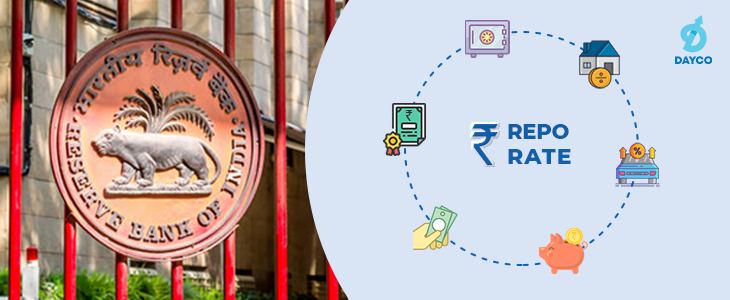It’s highly unlikely that you haven’t heard the term ‘bond’ if you are an active investor. Bonds are investment vehicles that come under the fixed income asset class universe. The Indian bond market is much bigger than the ubiquitous equity markets. In today’s blog, we’ll discuss the basics of bonds, types and how you can invest in them. What is a Bond? Bonds are similar to loans. You pay the borrower a fixed sum of money, and they promise to pay you back. That’s at the crux of bonds. Bonds are issued by the Government or corporates when they are in need …
The Basic Things You Need to Know about Bonds

























